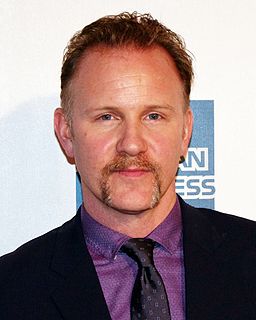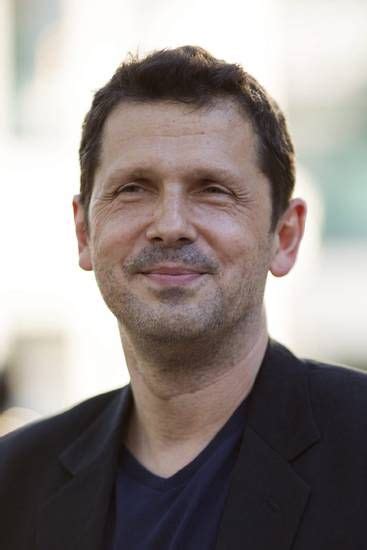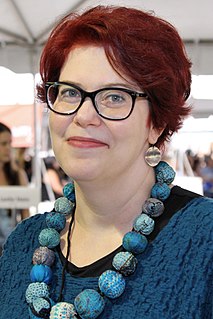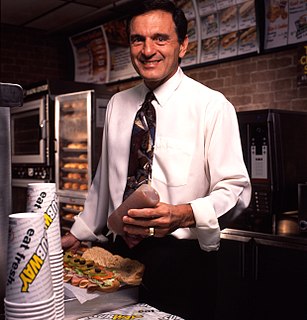A Quote by Lee Kuan Yew
If, for instance, you put in a Malay officer who's very religious and who has family ties in Malaysia in charge of a machine gun unit, that's a very tricky business. We've got to know his background... I'm saying these things because they are real, and if I don't think that, and I think even if today the Prime Minister doesn't think carefully about this, we could have a tragedy.
Related Quotes
There are some issues where ministers should come and talk to the prime minister, if the prime minister hasn't already talked to them. Any issue which a minister thinks is going to be profoundly controversial, where we do not have a clear existing position, it is important that there be a conversation between the minister and the prime minister. I think they all understand that and I think it is working very well.
I don't really think about what's 'age appropriate' for my audience because I think they can handle quite a bit, but I do try to think about what's honest and true to my characters who have grown up in situations where they've been taught to handle these things very carefully and that they're very powerful.
I don't know if I'm the most religious guy, but I think I'm a spiritual man, and these are the things I think about a lot. In terms of the film, I think 'The Grey' is very much a non-denominational kind of film. I don't think it's something that relies on a particular religious bent to tell the story.
I think there's a real problem if you're making a film - some people have done whether it be about Jackson Pollock or about Picasso - it's difficult for actors, because they have to impersonate a person whose image is very strong in our memories or in our consciousness. It's something that's very tricky, I think.
I was a very senior minister in the Howard government and I sat around this particular table [in the prime ministerial office] in many discussions. The difference between being a senior minister and the prime minister is that ultimately the buck does stop with the prime minister and in the end the prime minister has to make those critical judgement calls and that's the big difference.
I'm a big believer in you make your argument to everybody, and you do it in a way that is real and very candid. Even if people don't agree with you, they appreciate that you're telling them what you believe and they know that you care about them. That's I think a very important part of it that sometimes gets missed, is that people will be OK with you saying something they're not totally on-board with as long as they know that you believe it because you want to help them. That means you've got to care about everybody.
I don't think I've ever signed onto anything as quickly as I did The Hollars, because I come from a really loving, well-connected family, where we see each other all the time. And when I was done with this script, I was like, "Oh my god, that's my family!" This is obviously a very dysfunctional family, but there was something about it that was sort of universal. And I think that in this day and age in today's world - there's a lot of drama out there. It's nice to tell stories about things as simple and powerful as family.
Love is very important in The First Man, in that [Albert] Camus loves these things he never chose, he loves his childhood experience in a very real way. Their poverty meant that there was nothing else they could think about but what they would eat, how they would clothe themselves. There's just no room for other things in his family. It's difficult for others to imagine the position in which he found himself. There is no imaginary existence in their lives.
Think about all the great leaders. Think about Obama. Think about Clinton. Think about Nelson Mandela. Think about all the people that we know who are very successful in business, in politics and religion. What are they? They tell purposeful stories. They move people to action by aiming at the heart.











































